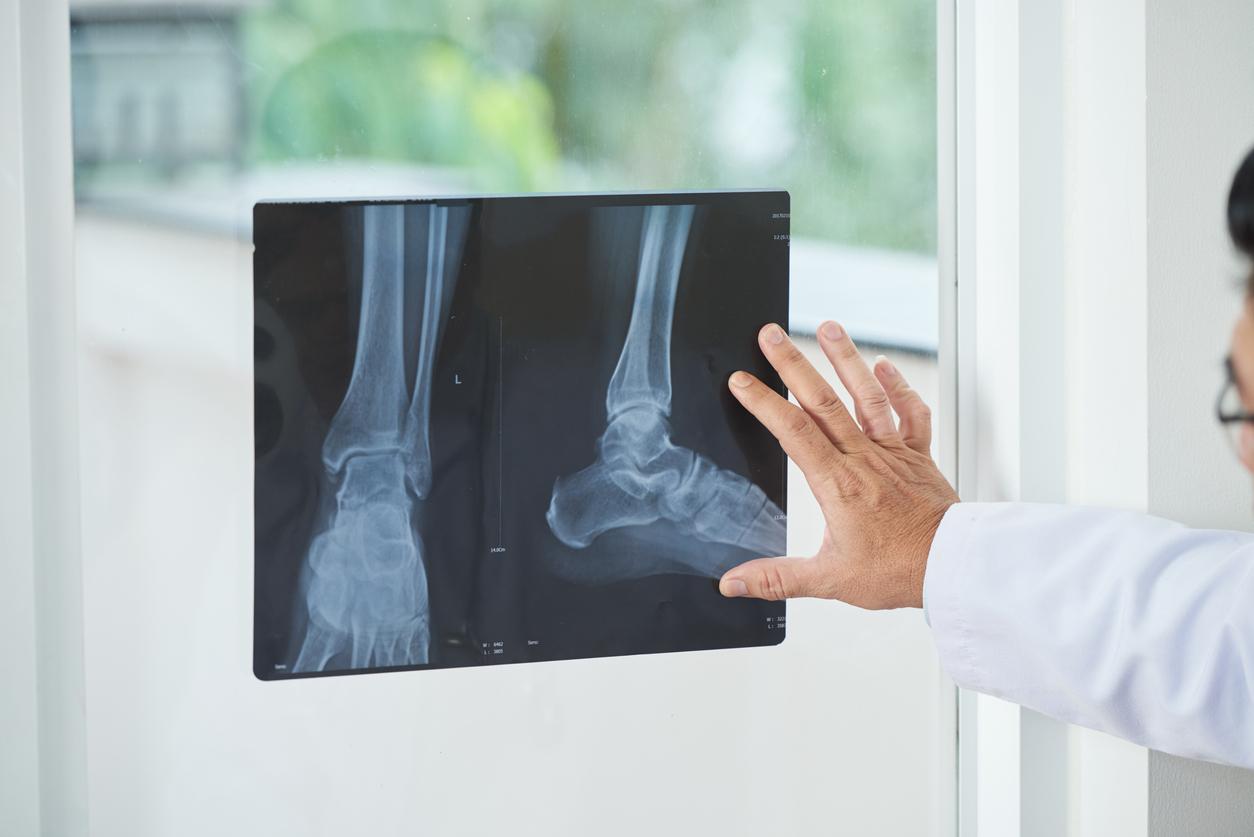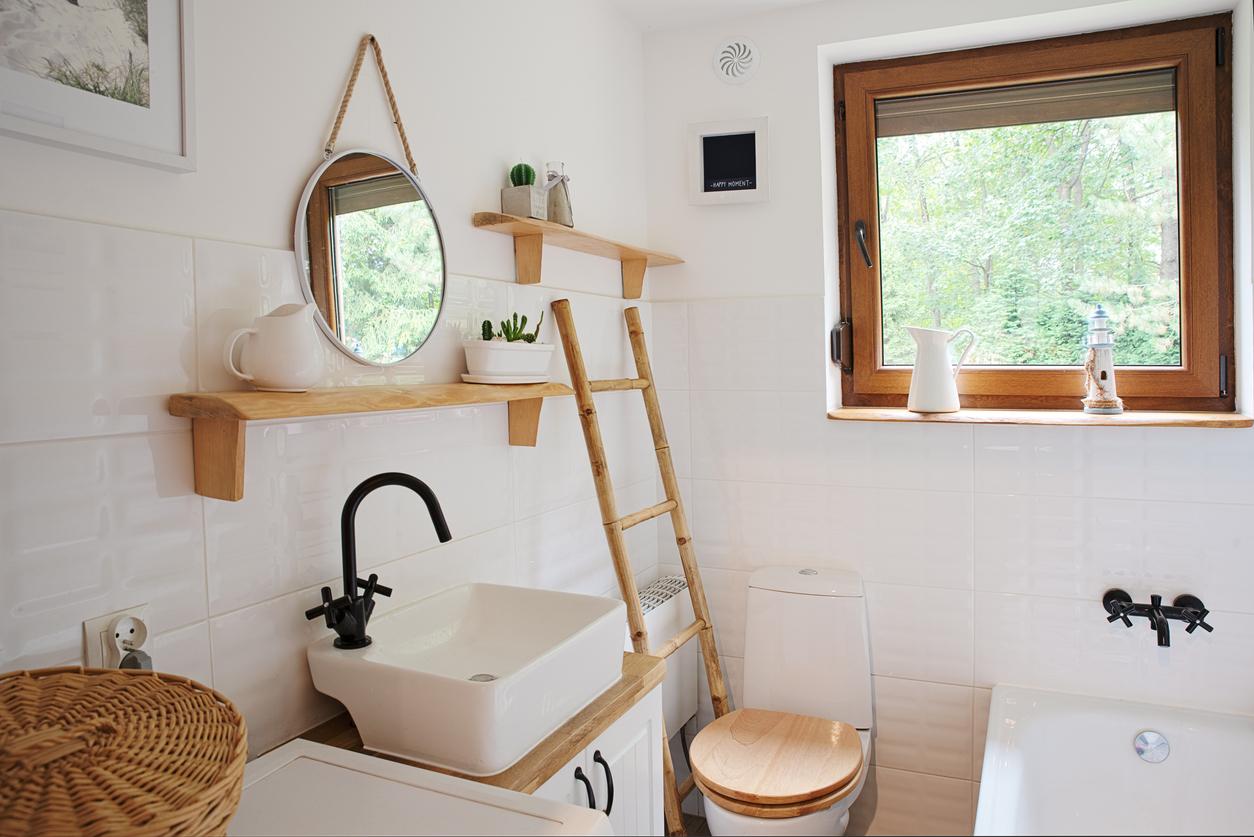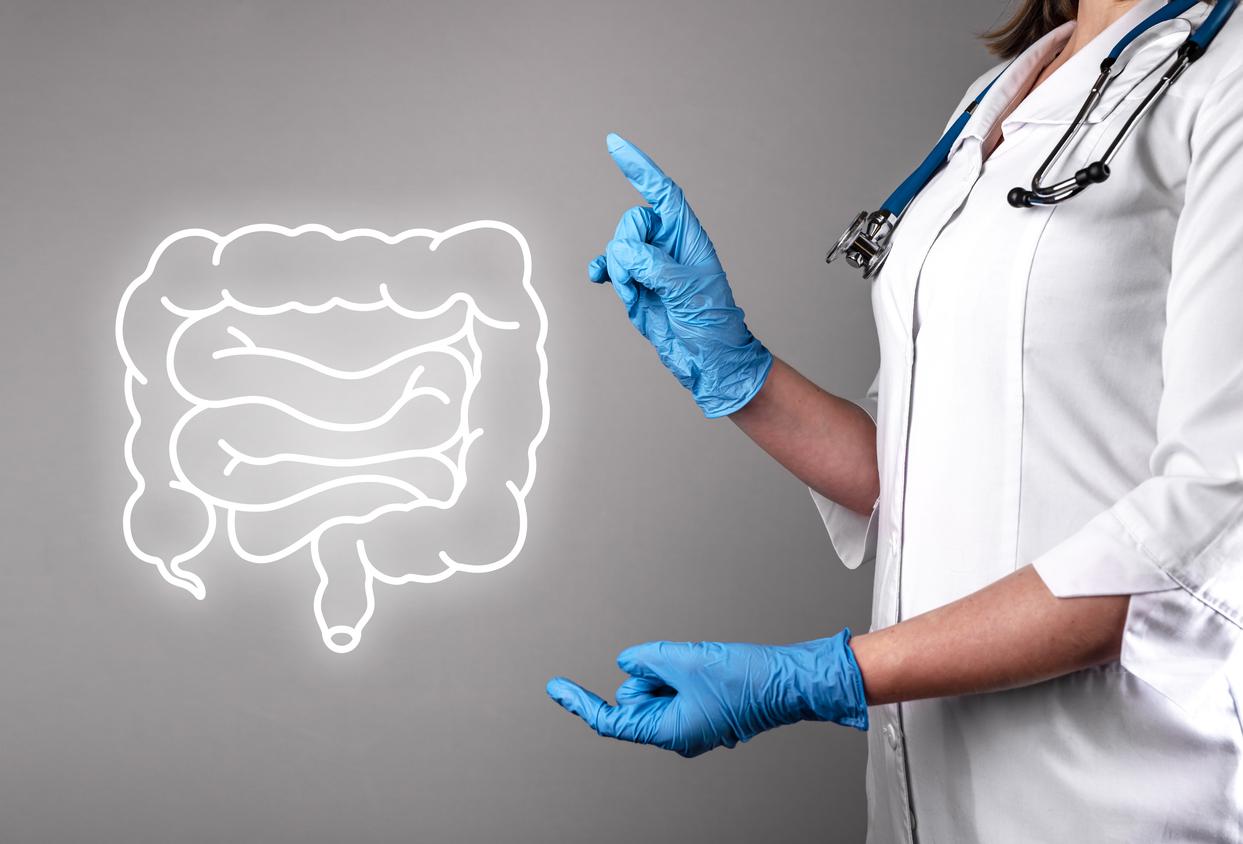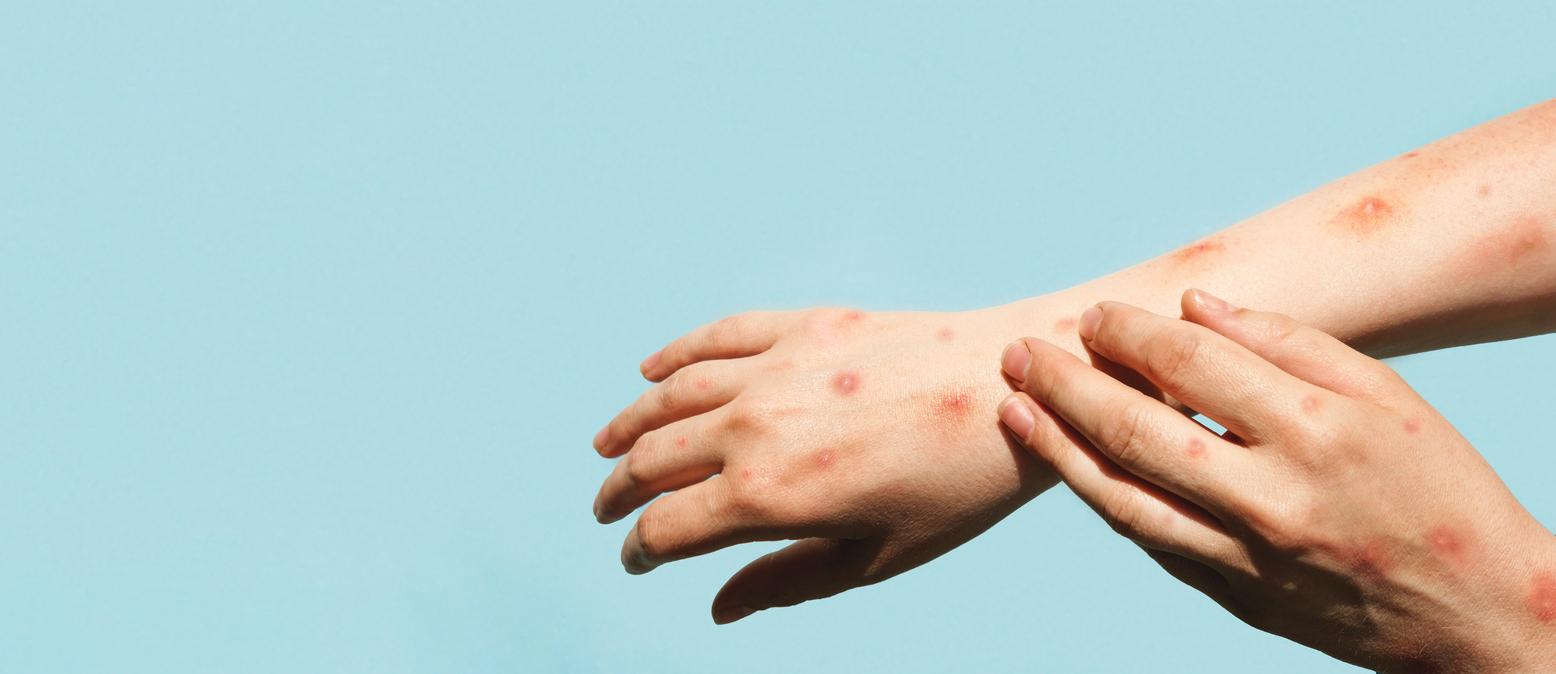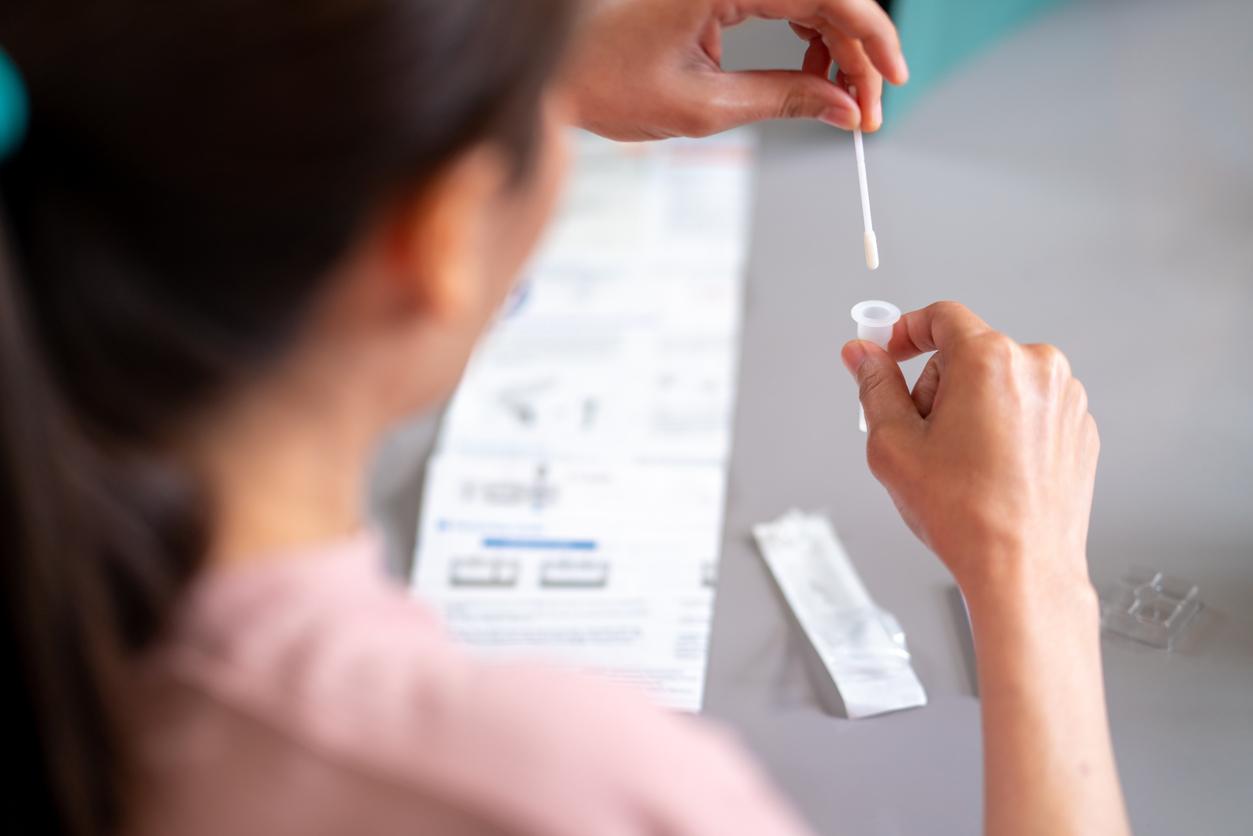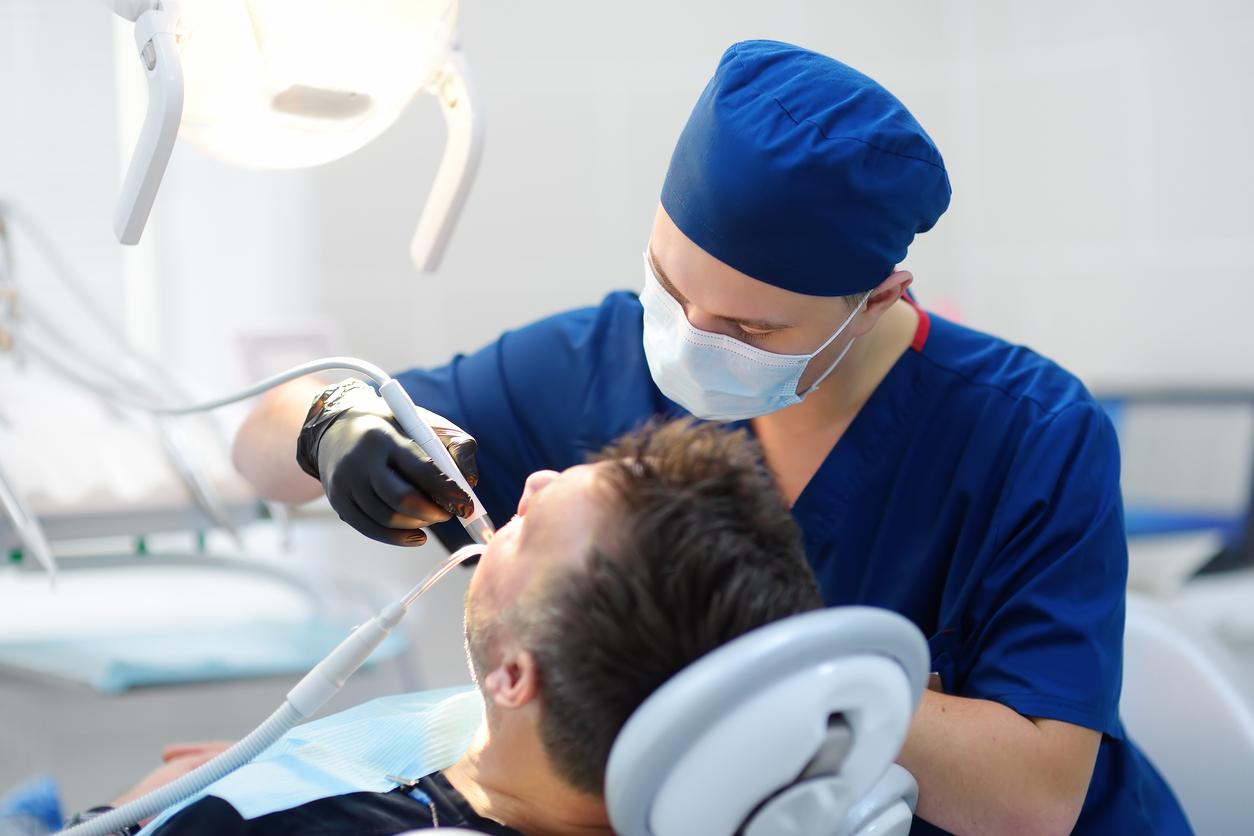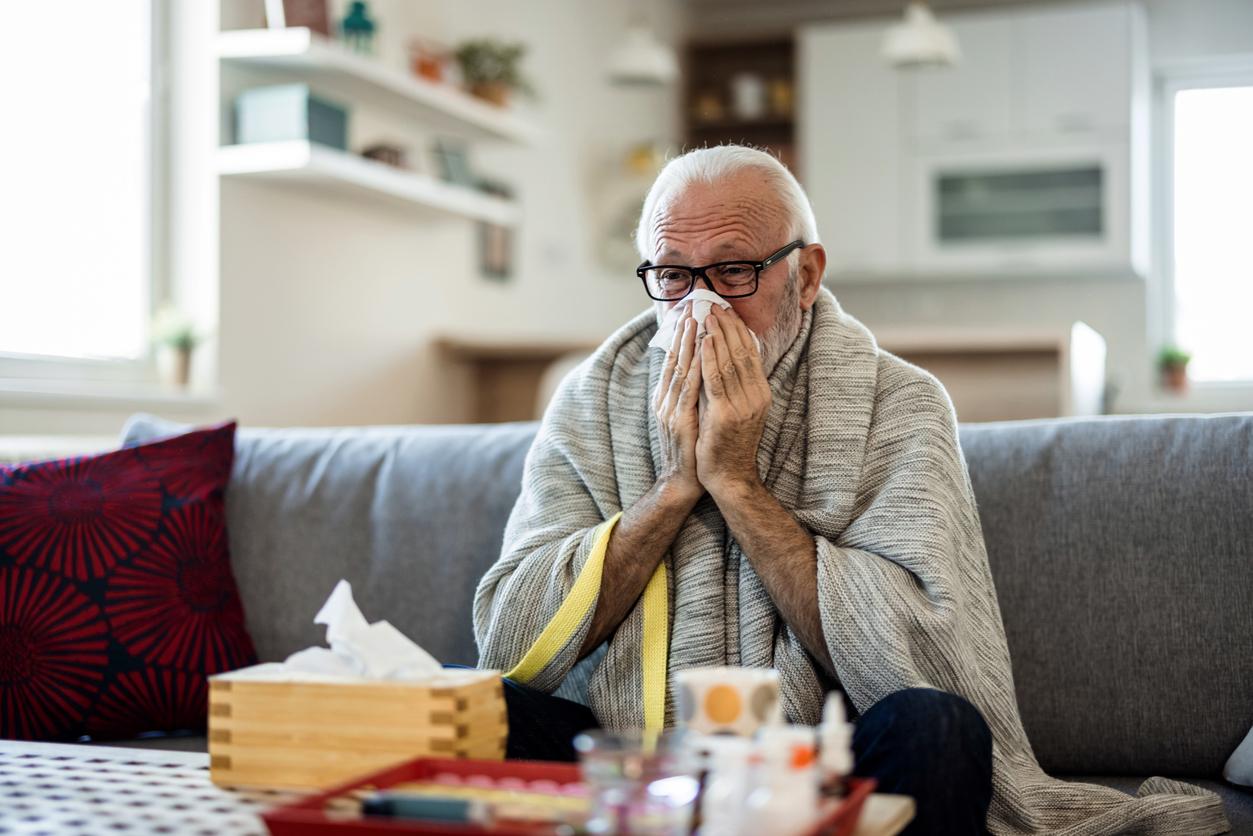This Tuesday, September 8, Olivier Véran, Minister of Health, announced the deployment of rapid screening tests this week in AP-HP hospitals. Why this decision and what do these tests consist of? Response items.

- From this Wednesday, September 9, the AP-HP will offer rapid tests to detect Covid-19
- These new tests will allow you to know in about ten minutes if you have been contaminated
- These tests are not as reliable as the PCR and can only complement the screening policy
The drop in temperatures is approaching and makes massive and above all rapid screening of the population more urgent. With the 1 million tests carried out per week in France, the screening centers are overwhelmed – not to say sometimes saturated – with people, symptomatic or not, wishing to know if they are contaminated. To prevent this influx from worsening with the advance of the cool season, the Minister of Health, Olivier Véran, announced this Tuesday, September 8 the deployment of new rapid screening tests. “This week, in Ile-de-France, we should start deploying antigenic tests, which are rapid tests, we have 15, 20 minutes to wait and we have the resulthe detailed at the microphone of France Inter. We should start from Wednesday at the AP-HP [Assistance publique hôpitaux de Paris, NDLR]“.
Only a few minutes to make a diagnosis? This is the advantage of these tests compared to the RT-PCR currently in force, the analysis of which takes 3 hours. Both of these antigen tests require a nasal swab sample. However, if the PCR test detects the presence or not of the RNA of the virus, the rapid test detects the presence or not of the proteins of the virus. A size difference. “When we do a PCR, we amplify the viral genome. So we can detect it as soon as there is only a little. A rapid antigen test involves the detection of virus proteins but without an amplification phaseExplain in the columns of the Parisian Yves Gaudin, virologist at the Institute of Integrative Cell Biology (I2BC) in Paris-Saclay. If there are few at the start, we will have a very weak signal and we risk missing the infection. As a result, the proportion of false negatives is likely to be higher.“
High risk of false negative
What is the error rate? According to Le Parisien, the AP HP bought 100,000 rapid tests from a Korean group. The newspaper also contacted a French competitor who estimates that the antigen test he has developed – and therefore different from that proposed by the Koreans – has 60% of the sensitivity of the PCR test which is today the reference test. For the time being, it is difficult to say what the error rate of the rapid tests ordered by the AP HP is. But this could be a false debate for Dr Jérôme Grosjean, head of the medical biology laboratory at the Chambéry hospital center (Savoie). “For simplicity, [les tests antigéniques] work like pregnancy tests and anyone can do it. On the other hand, you go down in sensitivity. On the flu for example, it gives a sensitivity of between 50 and 84% maximum. Which means that we miss between 1 case out of 2 and 2 cases out of 10. It’s starting to do a lot and, at the hospital, we consider that it’s no longer acceptable.he assures of Science and the future. Strictly speaking, if these tests only miss the weak positives, it does not matter, because we can admit that these are little or not contagious. But in the publications that we are currently seeing, they also miss some strong positives… But if some manage not to miss these strong positives, yes, we can judge that it is acceptable, because there is little chance that weak positives create clusters.” In principle, the more a person is contagious, the more he hates the virus without his saliva. The bet of the authorities seems to propose an antigenic test not to know if the person is contaminated or not but to know if he is contagious.
Increase screening capacities
Why did you rely on this less reliable test? It is that it costs less and does not require any additional investment. After collecting nasal material, these particles are mixed with a reagent on a strip or in a tube. If a colored band appears, the result is positive. Thus this test can be deployed everywhere, and especially outside medical analysis laboratories. A way to save money? The Minister of Health denies this:the deployment of antigen tests can only complement the screening policy currently in place. It will increase screening capacities and improve the implementation of contact tracing on a national scale.“According to Le Parisien, the ministry would await the results of this deployment in Île-de-France before possibly generalizing it throughout the territory.
.



